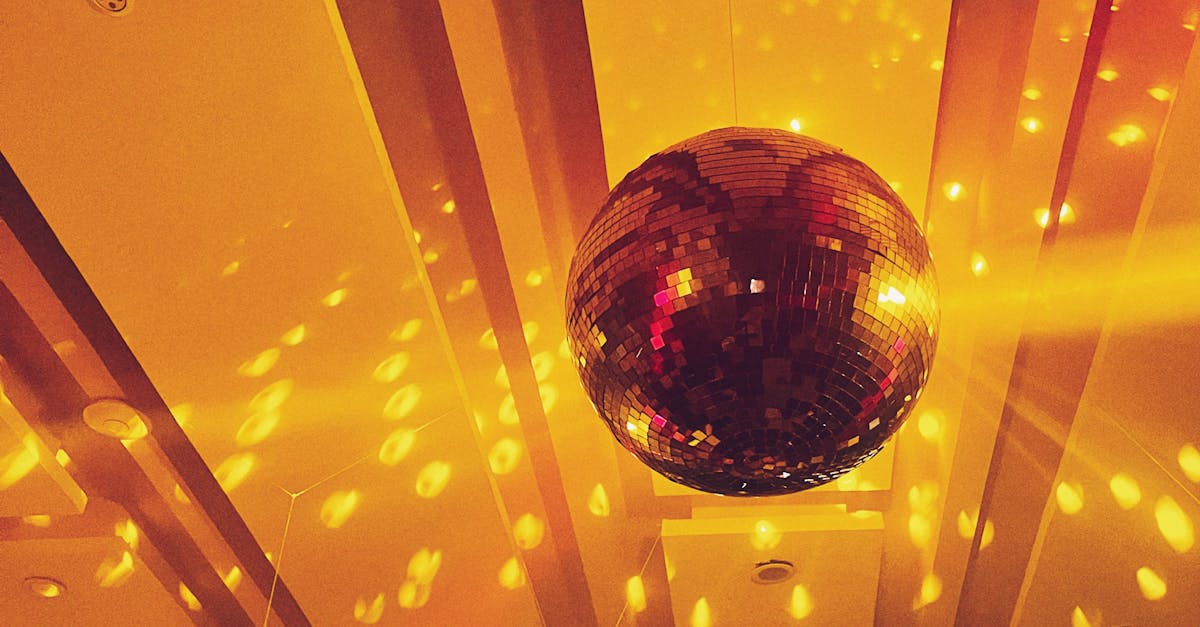
Media Portrayal and Influence on Community Perceptions of Strip Clubs in Brisbane
2024-06-18Table Of ContentsManaging Alcohol Service in Brisbane Strip Clubs
Economic Influence on Strip Clubs in BrisbaneAdhering to responsible service of alcohol guidelines is not just a legal requirement, but also vital for the safety and well-being of patrons. Establishments need to have robust policies in place to handle situations where patrons are intoxicated, ensuring they are not served more alcohol and are assisted in arranging alternative transport if needed. By prioritising responsible alcohol service, strip clubs in Brisbane can create a safer environment for patrons while also safeguarding their liquor license and reputation.
The economic landscape of Brisbane is intertwined with the presence of strip clubs, which play a significant role in generating revenue and supporting the local tourism industry. Strip clubs in Brisbane serve as entertainment venues that attract both locals and tourists, contributing to the overall vibrancy of the city's nightlife. The economic impact of these establishments extends beyond their doors, as they often stimulate spending in surrounding businesses such as restaurants, hotels, and transportation services.Adhering to Responsible Service of Alcohol Guidelines
Strip clubs in Brisbane have been a focal point of economic discussions, with proponents highlighting their contribution to the local economy through job creation and revenue generation. The presence of strip clubs not only provides employment opportunities for dancers, staff, and management but also supports a network of suppliers and service providers. As such, the economic influence of strip clubs in Brisbane cannot be overlooked, as they play a tangible role in shaping the financial landscape of the city.To operate a strip club in Brisbane, it is imperative to diligently adhere to responsible service of alcohol guidelines set forth by the government. Ensuring patrons are served alcohol in a responsible manner is essential to maintaining a safe and enjoyable environment for all guests. This involves training staff members to carefully monitor the consumption of alcohol, refusing service to intoxicated individuals, and promoting the responsible consumption of alcohol throughout the venue.
Tourism and Revenue GenerationAdditionally, strip club owners must keep detailed records of alcohol sales and monitor the overall atmosphere to prevent any instances of excessive drinking or unruly behavior. By prioritizing the responsible service of alcohol, strip clubs in Br
When it comes to ensuring the security and privacy of patrons in Brisbane strip clubs, there are several key measures that establishments must take into consideration. Firstly, it is essential to have strict surveillance policies in place to safeguard the well-being of patrons while also respecting their privacy. This includes using surveillance cameras strategically placed throughout the venue to monitoMoreover, media portrayal often fails to highlight the diverse backgrounds, motivations, and experiences of strip club workers, further adding to the misconceptions and prejudices they face. This lack of accurate representation can contribute to a sense of dehumanization and objectification among workers, exacerbating feelings of alienation and psychological distress. It is crucial for media outlets to portray strip club workers in a more nuanced and empathetic light to help combat the harmful effects of stereotyping and marginalization in this industry.r activities without infringing on individuals' personal space.
Stigma and Mental Health ImplicationsFurthermore, strip clubs must prioritize implementing comprehensive security protocols to protect both patrons and staff. This involves having trained security personnel on-site to manage any potentially disruptive situations and ensure a safe environment for everyone. By maintaining a balance between security measures and respecting the privacy of patrons, strip clubs can create a welcoming and secure atmosphere that complies with legal requirements and fosters a positive experience for guests.
Stigma surrounding strip clubs often leads to negative perceptions and attitudes towards individuals working in these establishments. The societal judgment and social stigma can have detrimental effects on the mental health of strip club workers. The constant scrutiny and disapproval from the community can contribute to feelings of isolation, shame, and low self-worth among these individuals.FAQS
How are gender representations depicted in strip club discourse in Brisbane?Strip clubs in Brisbane need to consider how they can protect patron privacy while still ensuring the security of their venue. This may involve implementing measures such as limiting access to private areas, securing personal information, and training staff on how to handle sensitive data.
Gender representations in strip club discourse in Brisbane can vary, with some perspectives highlighting empowerment and agency while others critique the objectification and exploitation of women in these spaces.How important is it for strip clubs in Brisbane to comply with licensing criteria?
What are the psychological effects of media portrayal on strip club workers in Brisbane?It is crucial for strip clubs in Brisbane to comply with licensing criteria to operate legally and ethically. By adhering to licensing regulations, strip clubs can ensure the safety of their patrons, maintain a positive reputation, and avoid potential legal consequences.
Media portrayal of strip clubs in Brisbane can have psychological effects on workers, including stigmatization and mental health implications, as they navigate societal perceptions and stereotypes associated with their profession.
What are feminist perspectives and critiques regarding strip clubs in Brisbane?Related Links
Feminist perspectives on strip clubs in Brisbane often involve critiques of the industry's reinforcement of gender stereotypes and the exploitation of women, highlighting the need for greater societal awareness and advocacy for the rights of workers.Best Practices for Maintaining Compliance with Strip Club Licensing Regulations in Brisbane
Impact of Recent Legislative Changes on Strip Club Licensing in BrisbaneRelated LinksTips for Navigating the Regulatory Landscape of Strip Club Licensing in Brisbane
Community Advocacy and Activism Against Strip Clubs in BrisbaneDocument Requirements for Strip Club Licensing in Brisbane
Shifting Trends in Public Attitudes Towards Strip Clubs in BrisbaneCompliance Check
Political Discourse and Decision-making Regarding Strip Clubs in Brisbanelist for Strip Club Licensing in Brisbane
Community Engagement and Consultation Processes on Strip Club Regulations in Brisbane
Impact of Strip Clubs on Local Residents and Neighbourhoods in Brisbane
Societal Norms and Values Impacting Attitudes Towards Strip Clubs in Brisbane
Public Opinion on the Presence of Strip Clubs in Brisbane